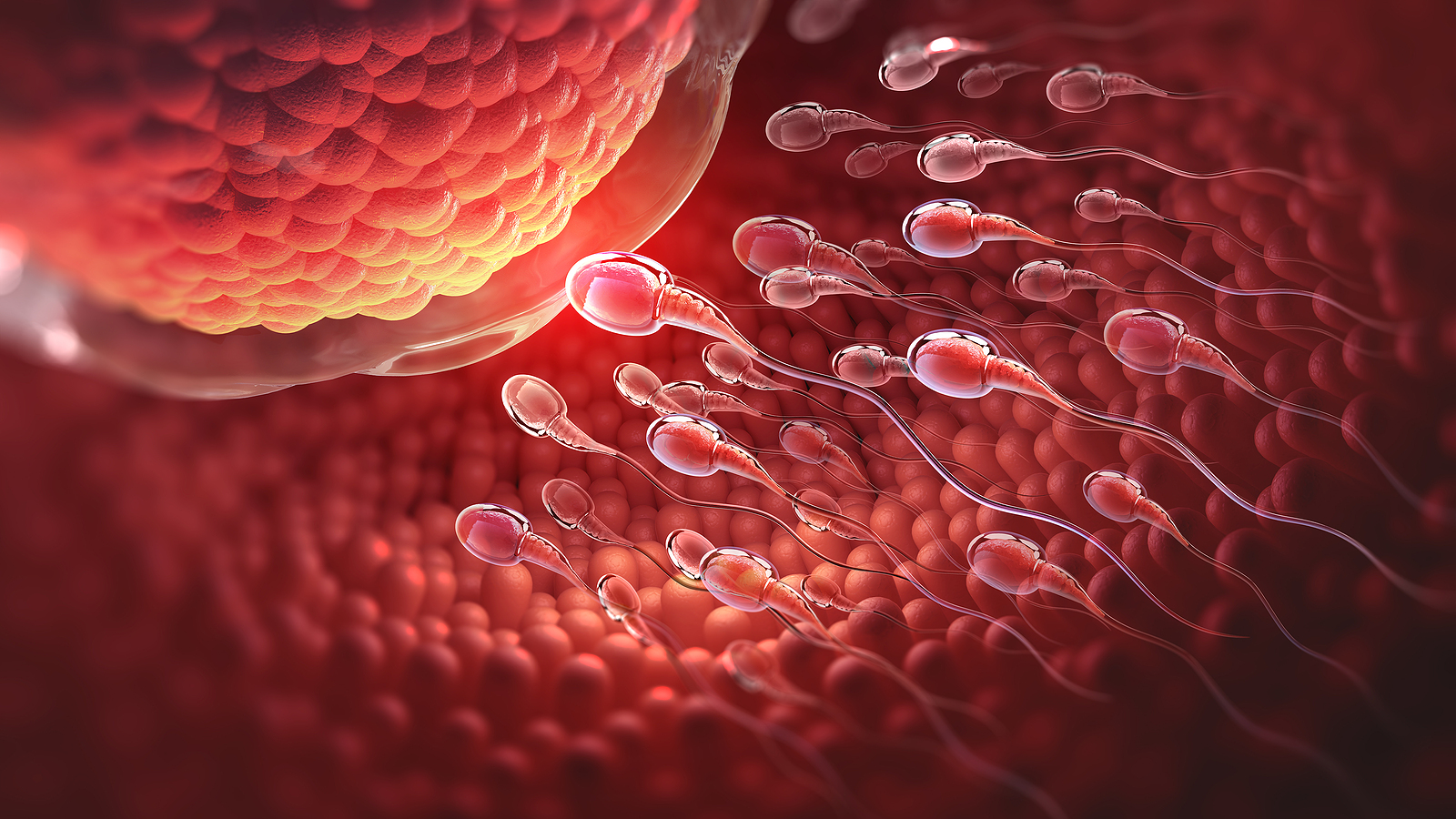
Another step forward towards artificial gametes
Have scientists moved a step closer to in vitro gametogenesis – creating human embryos from artificial eggs and sperm? In a paper published earlier this year, a leading American scientist and his team reported that they had created mice eggs, fertilized them with sperm and successfully produced mice pups from the resulting embryos.
Fertility researcher Shoukrat Mitalipov, of Oregon Health & Science University, published their findings in Nature Communications Biology in January.
IVG is the holy grail of IVF clinics. Not only will it be an answer for infertile couples, but it could also be used to create children for gay and lesbian couples. But progress has been slow. Japanese scientists managed to produce mice gametes using induced pluripotent stem cells. But they had no success with humans.
Mitalipov has used a different technique, cloning. He took a denucleated egg cell and injected nuclear DNA from a skin cell. Then he prompted the cell to lose half its chromosomes so that it became a haploid egg cell which can combine with the haploid sperm cell.
A major issue in this kind of research is funding. Although it is legal in the US, no federal funds can be used to create, destroy, or knowingly harm human embryos. Mitalipov, however, has received a US$4 million grant from Open Philanthropy, an organization backed by Facebook co-founder Dustin Moskovitz and his wife Cari Tuna.
Even if the researchers succeed with human cells, other federal legislation bans clinical trials involving pregnancies with embryos which have been genetically modified.
And then there are the ethical issues. As STAT explains:
Some bioethicists worry that the easy availability of IVG could usher in a new era of eugenics, scenarios where prospective parents could create large numbers of embryos and use genetic tools to select the “best” one. IVG also raises the specter of nonconsensual parenthood — something most state laws are currently ill-equipped to handle.
